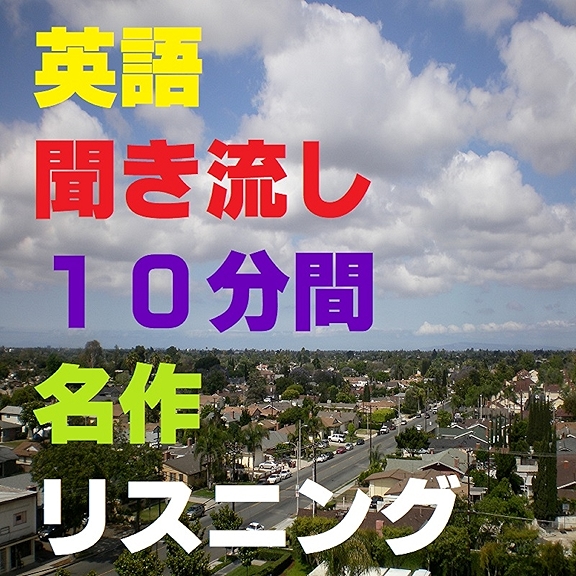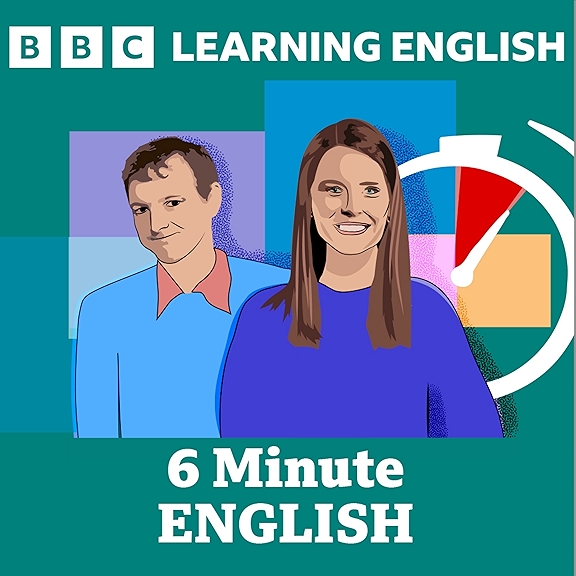
The Organization of Petroleum Exporting Countries (OPEC) was established in 1960 to give oil-producing nations more control over their resources and influence global oil prices. Initially formed by five countries—Iran, Iraq, Kuwait, Saudi Arabia, and Venezuela — OPEC has grown to include 12 member countries, with 10 additional nations cooperating under the OPEC+ alliance. The organization has played a critical role in stabilizing oil prices and shaping the global energy market.
Skip Montreux and Dez Morgan kick off a two-part series on OPEC, starting with an in-depth discussion on the organization's founding in 1960. They examine the reasons behind OPEC's creation, its structure, and how it operates.
Listeners looking to enhance their business English, Skip and Dez's discussion offers valuable insights into both OPEC and business English. Key points include:
- OPEC’s formation in 1960 marked a shift in control over oil resources from Western companies to oil-producing nations.
- The organization’s mandate is to coordinate petroleum policies among member countries and ensure stable prices globally.
- OPEC+ includes 22 countries, which together produce 59% of the world’s oil.
Do you like what you hear?
Become a D2B Member today for to access to our -- NEW!!!-- interactive audio scripts, PDF Audio Script Library, Bonus Vocabulary episodes, and D2B Member-only episodes.
Visit d2benglish.com/membership for more information.
Follow Down to Business English on Apple podcasts, rate the show, and leave a comment.
Contact Skip, Dez, and Samantha at
downtobusinessenglish@gmail.com
Follow Skip & Dez
Skip Montreux on Instagram Skip Montreux on Twitter



















